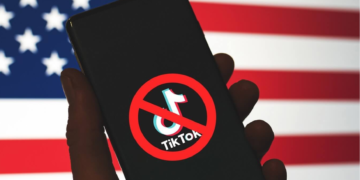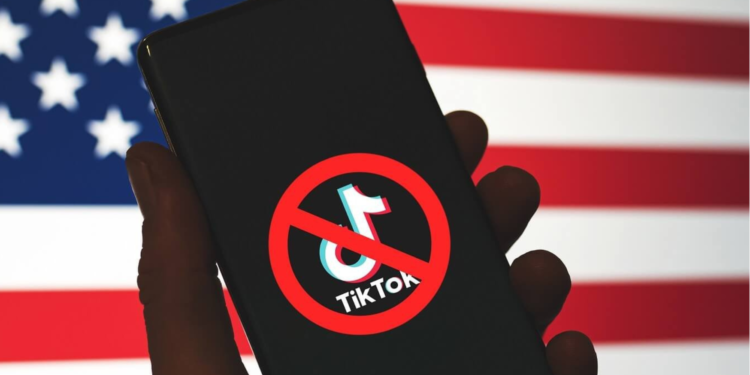The U.S. Department of Justice (DOJ) is preparing to file a lawsuit against TikTok, focusing on allegations that the widely-used social media platform has violated the privacy rights of children. This legal action will not center on claims that TikTok misled adult users about its data privacy practices, according to a source familiar with the matter. The U.S. Federal Trade Commission (FTC) conducted an investigation into potential violations by TikTok and its parent company, ByteDance, and subsequently referred the case to the DOJ on Tuesday. “The investigation uncovered reason to believe named defendants are violating or are about to violate the law and that a proceeding is in the public interest,” the FTC stated at the time.
Background of the Investigation
In 2020, Reuters first reported that both the FTC and the DOJ were investigating allegations that TikTok had failed to comply with a 2019 agreement designed to protect children’s privacy. This agreement was intended to ensure that TikTok adhered to strict guidelines regarding the collection and use of data from users under the age of 13. The FTC’s investigation revealed significant concerns about TikTok’s compliance with these guidelines, leading to the current legal action.
TikTok has publicly stated that it strongly disagrees with the FTC’s allegations and expressed disappointment that the agency decided to pursue a lawsuit. The company maintains that it has implemented robust measures to protect the privacy of its younger users and that it is committed to complying with all relevant laws and regulations.
Separate Concerns About Data Access
The probe into TikTok’s alleged violations of children’s privacy is separate from ongoing concerns in Congress about the potential for the Chinese government to improperly access the data of TikTok’s 170 million U.S. users. These concerns have been a significant point of contention, with lawmakers expressing fears that the Chinese government could use TikTok’s data for espionage or other malicious purposes. TikTok has consistently denied these allegations, asserting that it has never provided user data to the Chinese government and would not do so if asked.
Legal Challenges and Potential Ban
In addition to the privacy lawsuit, TikTok is also challenging a law passed in April that requires its Chinese parent company, ByteDance, to divest TikTok’s U.S. assets by January 19 or face a ban. ByteDance has argued that a ban would be inevitable without court intervention and that divestiture is “not possible technologically, commercially, or legally.” The company has filed a case to block the law, stating that the forced sale of its U.S. assets would be detrimental to its business operations and could potentially harm its millions of users in the United States.
Implications for TikTok and Its Users
The outcome of the DOJ’s lawsuit and the ongoing legal challenges could have significant implications for TikTok and its users. If the DOJ succeeds in proving that TikTok violated children’s privacy rights, the company could face substantial fines and be required to implement even stricter privacy measures. This could also lead to increased scrutiny of other social media platforms and their data privacy practices, particularly those with large numbers of young users.
On the other hand, if ByteDance is forced to divest TikTok’s U.S. assets, it could lead to major changes in how the platform operates in the United States. A new owner might implement different policies and practices, potentially affecting the user experience. Additionally, a ban on TikTok could leave millions of U.S. users without access to the platform, disrupting their social media habits and potentially driving them to seek alternative platforms.
Conclusion
The DOJ’s upcoming lawsuit against TikTok highlights the ongoing concerns about data privacy and the protection of children’s rights in the digital age. As the legal proceedings unfold, it will be crucial to monitor how these issues are addressed and what measures are put in place to ensure the safety and privacy of all users, particularly the most vulnerable. The outcome of this case could set important precedents for the tech industry and shape the future of data privacy regulations in the United States.
























